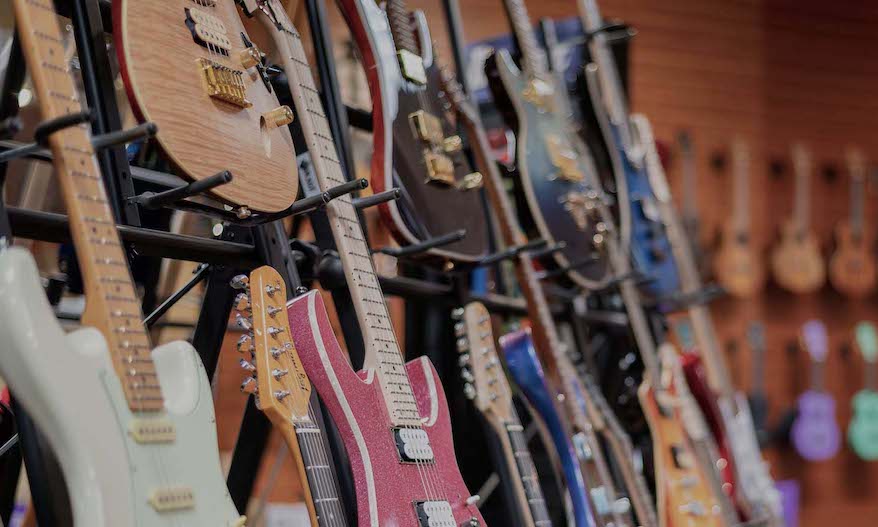Choosing a musical instrument might seem like a straightforward task—walk into a music store, try a few things, buy what sounds or looks good. But if you’ve been a musician for any length of time, you’ll know it’s rarely that simple. The right instrument can be a game-changer—not just in how you sound, but in how you feel about playing. And once you find it, how you care for it can shape your entire musical journey.
Let’s talk about both: how to choose the right instrument, and why maintenance is just as important as the music itself.
Once you’ve found your match, taking care of it isn’t optional. It’s part of being a musician.
The Instrument That Fits You.
1. Comfort = Confidence
First and foremost, the instrument needs to physically work for you. This sounds obvious, but it’s often overlooked—especially by beginners. A guitar that’s too bulky, a brass instrument that’s hard to hold, or even a violin with the wrong size shoulder rest can turn practicing into a chore. If an instrument doesn’t feel good in your hands or on your body, you’re going to be fighting it every step of the way.
And if you’re constantly uncomfortable? Progress stalls. On the other hand, an instrument that fits well becomes something you look forward to picking up. That feeling matters more than you think.
2. Sound That Inspires You
There’s also a deeply personal element to sound. Every instrument has its own voice, and so do you. Finding an instrument whose tone resonates with your musical taste can be incredibly motivating. Some people are drawn to bright, crisp tones. Others prefer something darker, warmer, more mellow. None of it is wrong—it’s just about finding something that speaks to you and for you.
3. Room to Grow
You don’t necessarily need to buy the best or most expensive instrument on day one. But it’s worth thinking a step or two ahead. Will this instrument still challenge and inspire you six months from now? A good instrument should have enough range and sensitivity that you can grow into it, not out of it.
Caring for Your Instrument (and Why You Really Should).
Once you’ve found your match, taking care of it isn’t optional. It’s part of being a musician.
1. Consistency in Sound and Feel
When you maintain your instrument—clean it, store it properly, replace parts when they wear out—it rewards you with consistent performance. That consistency builds trust. You know how it will respond. You’re not constantly adjusting or compensating for quirks. This is especially true for string instruments and wind/brass instruments, which are sensitive to things like humidity, temperature, and grime.
2. Avoiding Expensive Problems
Small issues can turn into big ones if you ignore them. A crack in a wooden instrument, sticky valves, warped necks—these can be costly (sometimes irreversible) if left unchecked. Regular maintenance is like brushing your teeth: it’s not glamorous, but it saves you from pain later on.
3. Emotional Connection
Many musicians will tell you their instrument feels like an extension of themselves. When you take care of it, that connection only deepens. It stops being just a tool and becomes a kind of partner—something you trust, rely on, maybe even love a little. That might sound sentimental, but if you’ve ever bonded with an instrument, you know exactly what I mean.
Final Thoughts...
Music is personal. Your instrument should reflect that. Choosing the right one is about more than specs or popularity—it’s about how it feels, how it sounds, and how it supports your growth as a musician.
And once it’s yours, treat it with the same respect you give your music. Tune it, clean it, store it well. That instrument is more than wood, metal, or strings—it’s the thing that turns all your practice, frustration, creativity, and joy into actual sound.
Take care of it, and it will take care of you.
